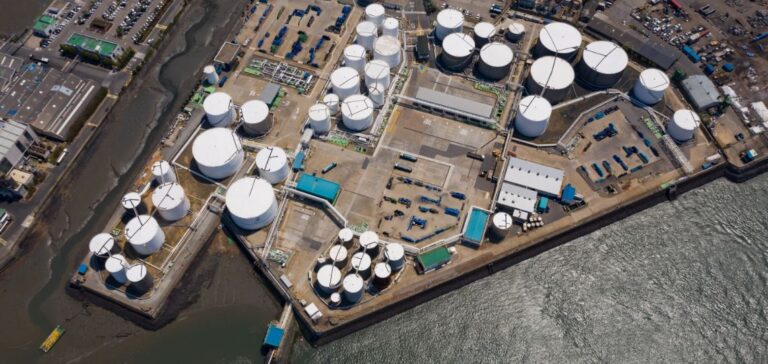Saudi Aramco, the world’s leading crude oil exporter, allocated the full September contract volumes to its Asian customers, despite a slight adjustment in volumes for some Chinese refiners.
Chinese majors such as Unipec and CNOOC saw their volumes increase slightly, while PetroChina and Fujian Refining and Petrochemical recorded a decline.
This balanced breakdown reflects demand dynamics and operational constraints in China, where some refineries are planning technical shutdowns.
Asian refiners optimize logistics in September
Refiners in South Korea and Japan, among Saudi Aramco’s largest customers in Asia, also received their usual crude volumes for September.
These companies are focusing on logistics optimization, maximizing cost efficiency and transport times.
The emphasis is on co-loading complementary crude grades from the Persian Gulf, which is crucial in a context of compressed refining margins.
This regularity of supply enables refiners to anticipate their needs, while adapting to market conditions.
Impact of the Sharara oil field shutdown on the market
The recent closure of the Sharara oil field in Libya, with a production capacity of 300,000 barrels per day, has tightened the fundamentals of the crude oil market.
This development has an indirect impact on Asian refiners, as European refiners, usually supplied with Libyan crude, are now turning to the same sources of supply in the Middle East, thus increasing competition.
Price differentials in the Middle East and European crude markets have reacted accordingly, with the premium for the Dubai cash-futures spread reaching $1.07/barrel, a recent monthly high.
Premium volatility on the crude oil market
However, the overall context remains volatile, with premiums declining on average over the month to 83 cents/barrel, compared with $1.60/barrel in July.
This fluctuation illustrates the persistent challenges faced by Asian refiners in a changing market, where volatile crude prices and regional production adjustments create a complex dynamic for industry players.






















